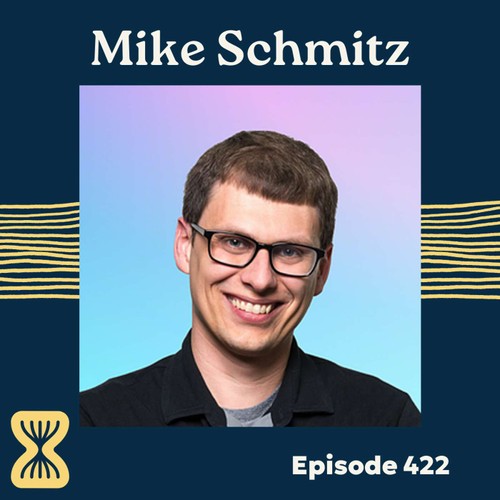
 Streamlined Solopreneur: Tips to Help Small Business Owners Grow Without Burnout
Streamlined Solopreneur: Tips to Help Small Business Owners Grow Without Burnout Organizing Your Digital Life (using Obsidian?) with Mike Schmitz
Jun 10, 2024
Mike Schmitz, an expert in Personal Knowledge Management and productivity, shares profound insights into effectively organizing your digital life. He emphasizes that it’s not just about the tools, but about intentionality and creating a balance for your best work. Mike introduces his 5 C's of creativity for capturing ideas and explores the importance of having a clear philosophy and vision. He also discusses how to use apps like Obsidian purposefully, avoiding common pitfalls in note-taking, thereby providing a framework to turn chaos into creativity.
Chapters
Transcript
Episode notes
1 2 3 4 5 6 7
Intro
00:00 • 5min
Mastering Obsidian: Intentional Note-Taking
05:09 • 19min
Embracing the Journey: Lessons from Half Marathon Running
24:32 • 4min
Celebrating Achievements and the 5Cs of Creativity
28:07 • 4min
Streamlining Digital Organization with PKM Strategies
32:09 • 2min
Optimizing Personal Knowledge Management Tools
33:56 • 22min
Navigating Digital Tools and the Importance of Reflection
55:57 • 3min

